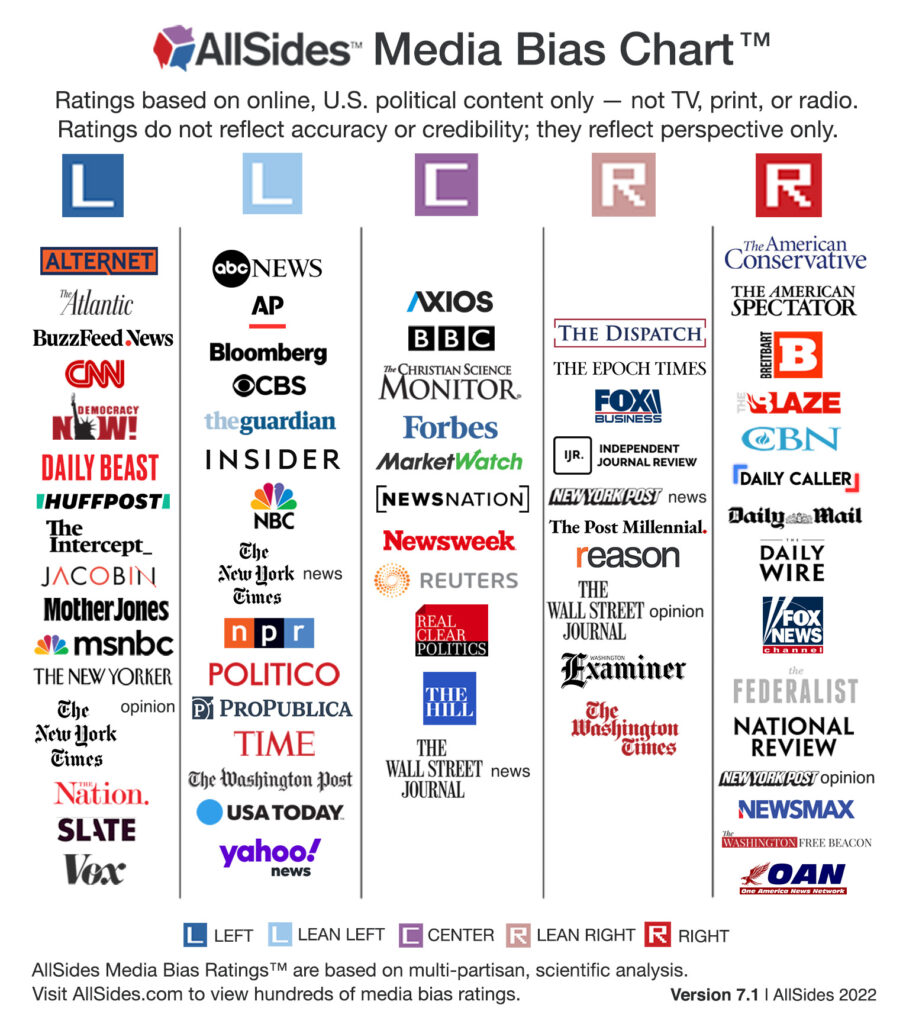[It] “can often lead to bad decision-making.” — Kendra Cherry with Very Well Mind
[It] “may lead to disastrous decisions.” — Margit E. Oswald and Stefan Grosjean in Explorable: Think Outside the Box
And… [It] “degrades our judgments when our initial beliefs are wrong because we might fail to discover what is really happening until it is too late.” — Gary Klein Ph.D. in Psychology Today
Today’s “it” is none other than confirmation bias.
To clearly define the phenomena, let’s return to the research published by Explorable, Psychology Today and Very Well Mind, with a little WebMD mixed in…
Confirmation bias is the tendency to seek out or prioritize info and perspective that supports one position or idea. It is a “cognitive bias that favors information that confirms your previously existing beliefs.” It is “known as selective collection of evidence. It is considered as an effect of information processing where people behave as to make their expectations come true. People tend to favor information that confirms their preconceptions or hypotheses independently of the information’s truthfulness or falsity.” In other words, even very intelligent people hear what they want to hear, read what they want to read, and tune into the channel or site that they know ahead of time will reinforce what they want to believe. This bias is thus one of the many reasons we regularly re-publish a media bias chart. This bias is not healthy nor good.
To be clear, there exist different types of confirmation bias; below are some of the most common…
“Biased attention: This is when we selectively focus on information that confirms our views while ignoring or discounting data that doesn’t.
Biased interpretation: This is when we consciously interpret information in a way that confirms our beliefs.
Biased memory: This is when we selectively remember information that supports our views while forgetting or discounting information that doesn’t.”
Want to see how this plays out? Note how people conversed — or were unable to converse — about the recent, awful shooting at Club Q, an LGBTQ club in Colorado Springs. Let us do absolutely nothing to diminish the tragedy; five people lost their lives in the senseless, evil act. The resulting shaming and shouts, no less, while taking nothing from the tragedy, certainly compounded some of the awfulness.
It made me wonder… as one who wishes to honor all and promote respectfulness in tragedy and celebration alike — in agreement or disagreement — did it matter where people got their news? Was there a confirmation bias that affected individuals’ ability or inability to converse?
According to AllSides, here’s what the Left was saying about the shooting:
- Said Lauren Boebert and other conservatives spread anti-LGBTQ hate that contributed to the shooting
- Framed LGBTQ community as under attack
- Reported on anecdotes pointing to a potential anti-gay motive
Here’s what the Right was saying:
- Covered the left’s reaction to Boebert’s comments about the shooting
- Reported on the suspect identifying as non-binary
- Highlighted lack of clear motive
So allow me to humbly but boldly ask the three zillion dollar question: how in the world could a person who only tunes into the Left or only tunes into the Right converse, for how could either have a totally accurate perspective? Each has had their perspective emboldened by their bias. And — true to one of the dangers of confirmation bias — they are convinced they are right.
Hence, back to Kendra Cherry, recognizing the pitfalls of this process…
“There are a few different ways that we can try to overcome confirmation bias:
- Be aware of the signs that you may be falling victim to it. This includes being aware of your personal biases and how they might be influencing your decision-making.
- Consider all the evidence available, rather than just the evidence confirming your views.
- Seek out different perspectives, especially from those who hold opposing views.
- Be willing to change your mind in light of new evidence, even if it means updating or even changing your current beliefs.”
Just trying to be healthy and good. Wanting to be able to converse, too.
Respectfully…
AR

